Sharing experience, personnel and creating competitiveness are some advantages offered by the EAC to the lecturers although there are some challenges to face.–By Diane Uwimana
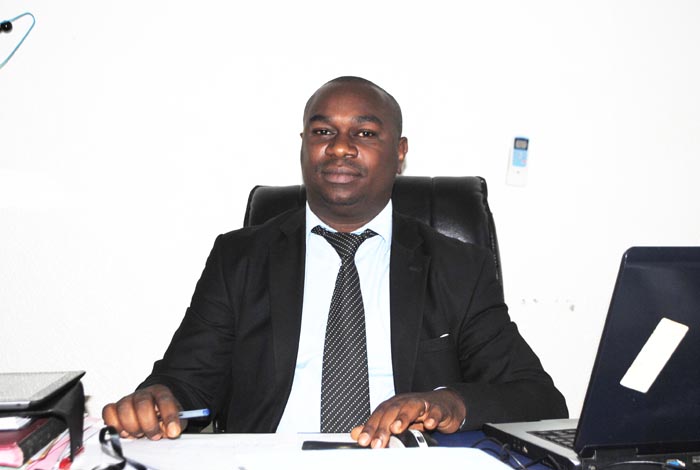
Tatien Masharabu: “The legal judicial instrument gives us a scientific mobility and free movement of persons, labour, and services in maintaining common employment policies.”©Iwacu
According to Article 103 of the Treaty for Establishment of the EAC, recognising the fundamental importance of science and technology in economic development, the partner States undertake to promote co-operation in the development of science and technology within the community through the exchange of scientific information, personnel and the promotion and publication of research and scientific findings and encourage and support the mobility of teachers within the community. Mutua is a Kenyan Lecturer giving Business courses at Hope Africa University. He indicates that in Burundi competition is not high and all universities are near. Adding to this, the cost of living is cheaper than in his country. “That is why we give courses in this country even though the pay is low compared to my country and I try to do my best,” he mentions. Furthermore, he suggests that Burundians should learn English just to facilitate the work and compete with others. For S., another Kenyan lecturer, the community offered many advantages: “Lecturers share information, knowledge and technology across EAC boundaries”.
“Pushing forward EAC agenda of promoting universal education”
Fulfilling all competitive conditions, some issues require being resolved. “There are some challenges which need to face such enhancing specialisation in regional research, increasing regional collaboration in Education, exchanging academic programs, harmonizing education policies,….”,says S. Once, these are done, he adds that these will help to transfer higher education skills within member countries and help development of higher education policies. Tatien Masharabu, the Managing Director of Science, Technology and Research in the Ministry of Higher Education and Lecturer at the University of Burundi, states that the common market has allowed teachers to exchange and experience common issues they encounter. “The legal judicial instrument gives us a scientific mobility and free movement of persons, labour, and services in maintaining common employment policies,” states Masharabu. He points out that when lecturers are recruited as experts according to the ministerial decree No 1/22/30/December /2011 reorganizing higher education in Burundi, “this allows us to strengthen and deepen our expertise,” he underlines. Masharabu adds that the new Bachelor-Master –Doctorate system has urged Burundian lecturers to be more motivated in mastering and delivering their scientific knowledge. However, some issues need to be changed. “Time management is a big challenge for those who go to give courses in the partner state members. As they have other things to do, it will be better to improve the ICT (Information Communication Technology) to overcome the challenge. For instance, a lecturer should give his or her courses in many universities at the same time using distance learning courses method,” he concludes.

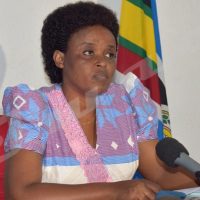
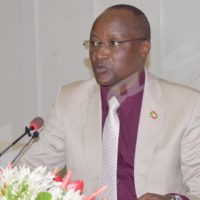
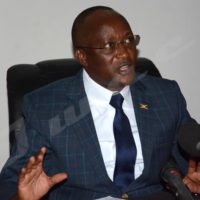
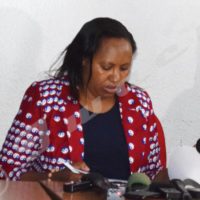
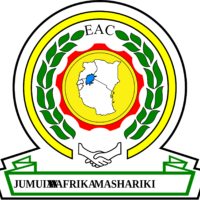













 IWACU Open Data
IWACU Open Data

